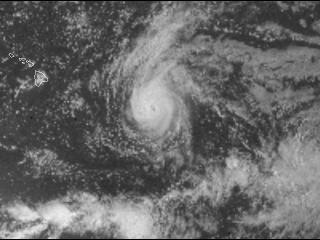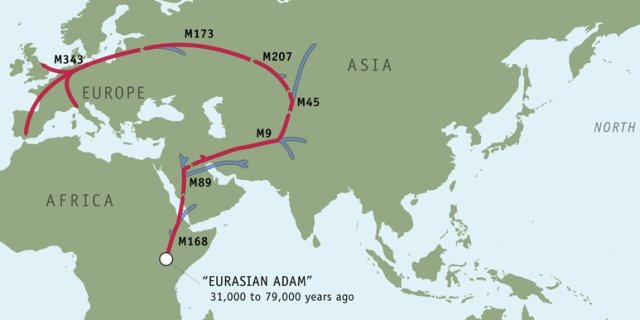
Jova is close enough to keep an eye on, though it is not a direct threat yet. A couple days ago people were talking about the three hurricanes lined up to hit the islands. That was a bit of a stretch. Now the media is trying to allay fears by letting us know that Jova isn't going to hit us, and that we'll just get some hot & muggy weather.
And that is not right either. The strike probabilities for Honolulu to get hit are four percent. Not that high, but given the potential damage it's high enough for us to be on alert.
Met all day with the neighbor island forestry guys, and we reviewed our prep plans. Alvin and Patrick worked for Forestry during Iniki, so we got a lot of valuable info from them. Basically, we are not first responders, and we don't want to be on Civil Defense's list of first responders.
They did have an interesting take on FEMA's response to Katrina. They are not as critical as most of the nation. To a man, they blame the county [or parish] governments. County overnments deal with evacuation, shelter, and rescue. FEMA deals with recovery - they didn't come in for a week after Iniki. And so it was the counties - the local governments -who didn't plan to provide food, water, or medical care for their people. Some of the politicians on tv cryng that the feds dropped the ball are, in fact, the guilty parties.
I was at the Watershed Partnership Conference at Waikaloa last week. The key note speaker stressed the importance of pushing for conservation measures on working lands - farms, ranches, and the like. Now that world trade agreements are limiting the amount of allowable farming subsidies, a lot of governemnts are paying farmers and ranchers for taking conservation measures: watershed protection, wetland restoration, and other ecosystem improvements. It's an interesting new approach.
It was a good conference - one of the few I've been to where I didn't feel like sneaking out the back door half-way through. It was a bit ironic that we had a watershed conference in a luxury resort built in the desert. The resort itself was strange - a little piece of southern California suburbia, dropped down in the middle of a lava field. The buildings were bland, and it was surrounded by high-priced cookie-cutter condos. The shopping area was designed like a little strip mall, and you actually had to drive from the hotel to the shops. I don't know what kind of people would want to buy into a community like this.
The evenings were pleasant. We spent Thursday at Kahua Ranch in upcountry Kohala, and we spent Saturday driving around Pu`u Wa`awa`a. It was a sad place. The pu`u is a remnant of the old Hualalai volcano, and at one point was the most biodiverse of all of our dry montane forests. A century of over-grazing destroyed that. There are a few remnant trees, the last of their kind, and all old and dying. Fountain grass has taken over the rocky areas, creating the perfect fire trap. Forestry has fenced off some of the wetter mauka areas, and the koa, `ohi`a, and mamaki are coming back. The drier areas might be permantly degraded.
I've updated some of the weather links on the right.

No comments:
Post a Comment